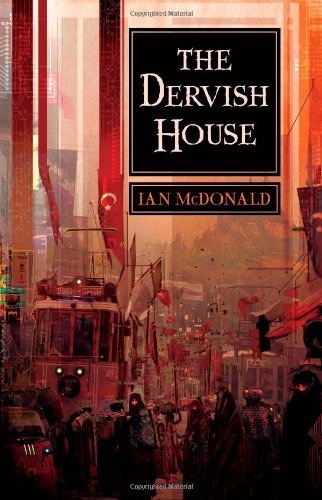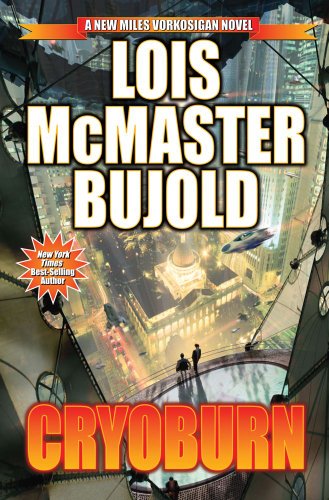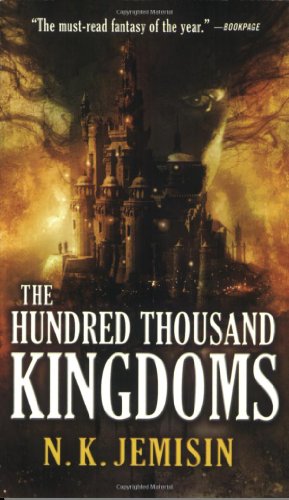Turkish Delight

Those of us who are fans of science fiction and fantasy love to read about exotic and imaginary places. We sing paeans of praise to that sense of wonder evoked by planets orbiting distant stars, by vistas no human being has ever laid eyes on, and yet our own world offers so much that is miraculous and amazing and colorful and exotic! Ian McDonald has noticed it, as well. He took us to São Paulo with his 2008 Hugo nominated novel Brasyl, and he does it again with this 2011 Hugo nominated novel The Dervish House, taking us to Istanbul, queen of cities. (I know, Elton isn't singing about Istanbul there.) This is the third of the Hugo nominated novels that I read.
Necdet (Nedjdet), a young man fighting with mental illness, moves to the big city, Istanbul, where his brother Ismet has a place. Ismet leads an Islamic street court, a tarikat, and lives in a dervish house, an ancient structure built hundreds of years ago by a now defunct Islamic sect that somehow survived centuries of wars and fires and urban renewal. Living under the same roof is Can (Jan), a nine-year old boy who is isolated from the world because of his life threatening illness which forces him to wear deafening plugs in his ears. Can’s only friend seems to be Georgios, an older Greek whose career as an economist has been sidelined by politics and his youthful participation in anti-government protests, which also lost him his life’s true love.
Adnan and his wife Ayşa (Aysha) also live in the dervish house. Adnan is a stock broker, about to make it big with three co-conspirators in a scam involving radioactive natural gas from Iran, while Ayşa, a scrupulous dealer in religious antiquities, is hunting for a legendary mummy that might be found somewhere in Istanbul. Finally, there is Leyla, a young woman fresh out of college struggling to prove her independence to her family, a noisy clan of people ranging all over Turkey, while working for a cousin who is trying to start up a nano technology business.
It is only a few years into our future, and the people of Istanbul must contend with religious extremism, with an overbearing police presence, and with political turmoil as the EU is finally going to admit Turkey into its ranks. In other words, not much has changed. Connected initially only by the dervish house, McDonald plots the course of the lives of the dervish house’s inhabitants and their supporting cast over the next few days. The plots intersect, sometimes directly, sometimes only incidentally, in the streets and alleys of Istanbul, and from one side of the Bosphorus to the other.
I enjoyed this story very much. McDonald had me spellbound from the second page, and the finish was complete and satisfying. (The first page has a guide to pronouncing romanized Turkish words: sounds formidable, but it wasn’t any kind of a problem.) Against the backdrop of Istanbul, described by McDonald in vivid but sparse brushstrokes of prose, this story was a great adventure well worth my time.
Labels: Ian McDonald, Istanbul, mellified man, nano technology, The Dervish House, Turkey


